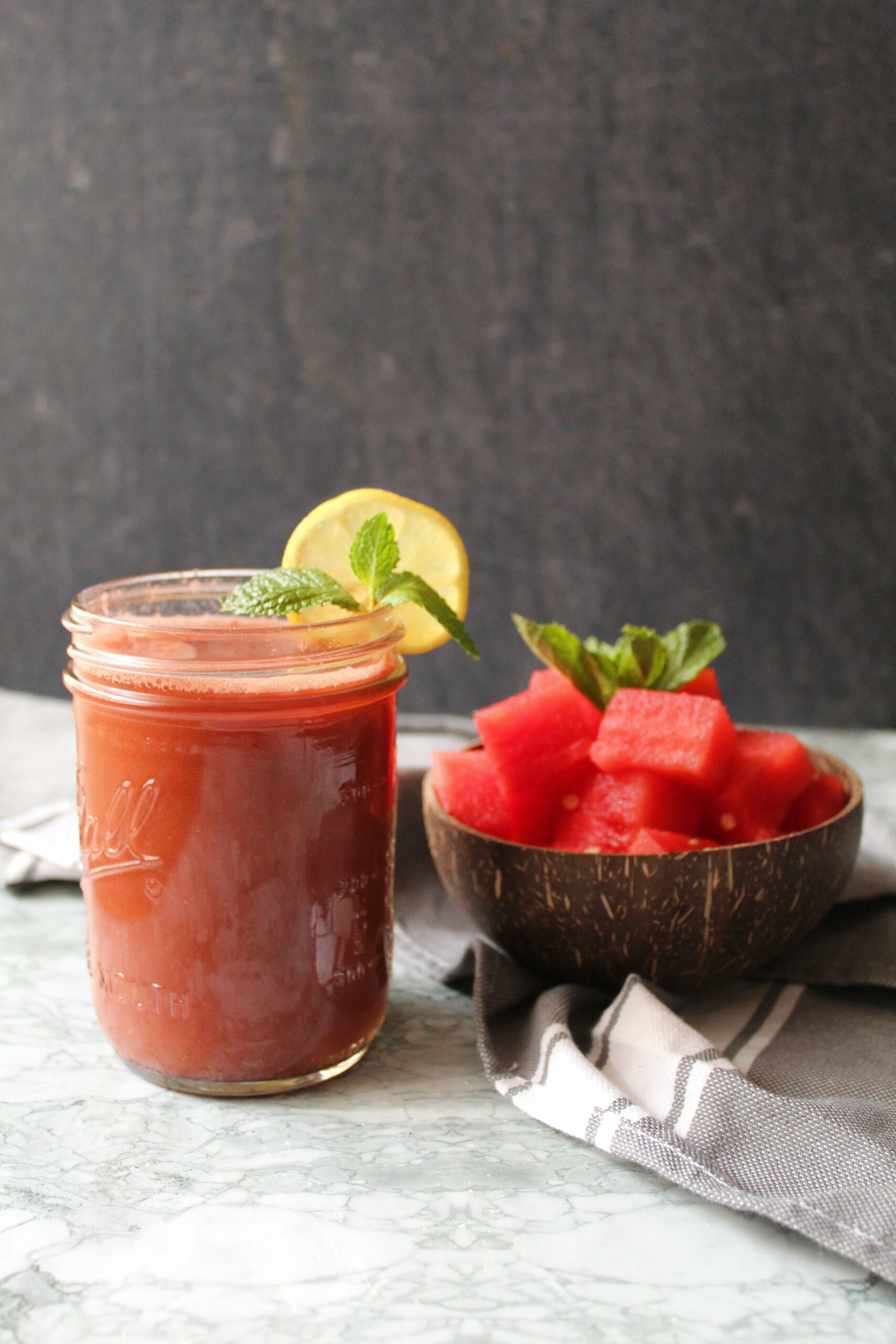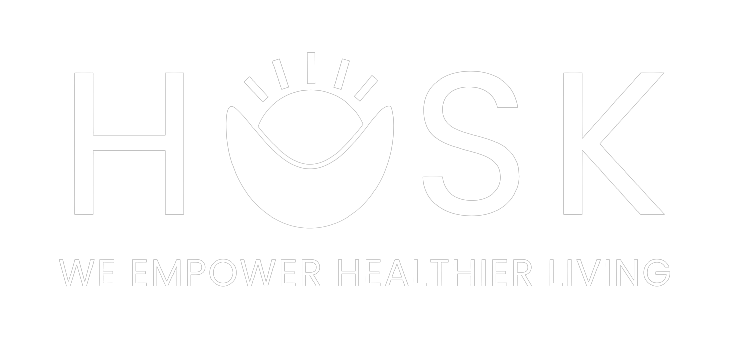
Hydration
We’ve made it through most of the heat wave of summer, but that doesn’t mean it’s time to neglect our hydration! In the process of staying cool, even into the fall months, we lose some of our water through sweat so it’s important that we’re taking the time to replace this water loss to prevent dehydration. Why do we need to stay hydrated? Put simply, our body requires water to support nearly all of our bodily functions!
WHAT IS WATER’S ROLE IN THE BODY?
So what is water’s role in the body in the first place? This fun fact will really drive home water’s importance: without water, death usually occurs in 7 days. (5)
Helps digest food
Regulates body temperature via sweating
Transports nutrients and oxygen to working muscles
Eliminates metabolic waste
Lubricates joints and cushions organs and tissues (1)
ARE YOU DEHYDRATED?
Believe it or not, once you start to feel the signs and symptoms of dehydration, you’ve likely already been dehydrated for awhile! Some signs of dehydration are chronic fatigue, headaches, and lethargy. (1) The best way to determine whether or not you are hydrated is to take a closer look the color and quantity of your urine. The lighter your urine, the more hydrated you are. If your urine is yellow, you could be mildly/moderately dehydrated. If it is dark, you are probably dehydrated.
HYDRATION DURING EXERCISE
BEFORE YOUR WORKOUT
It’s important to make sure that you drink some water before you exercise so that your body is in water balance. This is particularly true if you’re exercising in a hot environment. If you’re planning on working out in a hot environment, drink a little extra water the day before to ensure you’re properly hydrated. Hydrate with at least 16-20 ounces of fluid before your workout.
BEFORE YOUR WORKOUT
While you’re exercising, you’ll want to prevent dehydration so that your performance doesn’t suffer! Try to get in a mix of water and electrolytes. Ideally, 110-170 mg sodium and 20 to 50 mg of potassium per 8 oz of water. (1) Shoot for 5-10 ounces of water every 15 minutes.
BEFORE YOUR WORKOUT
Once you’re through with your workout, you’ll want to full replace all of the water and electrolytes that you lost! Drinking 50% more fluid than you lost in sweat will improve recovery from dehydration. You’re better off sipping those fluids versus drinking it all at once to maximize fluid retention. Depending on the duration of exercise, intensity, and amount of sweat lost, you might need to increase your consumption of salt by sprinkling a little bit on your food throughout the day. (1)
HYDRATION OPTIONS

Hydration isn’t limited to water! While water is a great choice, there are tons of fluids and foods that can contribute to your hydration:
Water
Seltzer
Milk
Juice
Soup or broth
Electrolyte Beverages (Gatorade, Powerade, Nuun, Propel, etc.)
Teas
Coffee
Fruits and Vegetables
Photographs by Catherine Perez, RD, LDN
This information is intended for general advice and may not be applicable to everyone. Please speak to your on-site Registered Dietitian if you have specific questions or to find out what is best for your individual needs.
Sources:
1 Clark, Nancy. Nancy Clark’s Sports Nutrition Guidebook. 5th ed., Human Kinetics, 2014.
2 “Assess Your Hydration Status.” Http://Www.ncaa.org, NCAA, www.ncaa.org/sites/default/files/Assess Your Hydration Status.pdf.
3 Maughan, R. J., and S. M. Shirreffs. “Recovery from Prolonged Exercise: Restoration of Water and Electrolyte Balance.” Journal of Sports Sciences, vol. 15, no. 3, 1997, pp. 297–303., doi:10.1080/026404197367308.
4 Shephard, R.j. “American College of Sports Medicine Position Stand: Exercise and Fluid Replacement.” Yearbook of Sports Medicine, vol. 2007, 2007, pp. 254–255., doi:10.1016/s0162-0908(08)70206-x.
5 McArdle, W. D., Katch, F. I., & Katch, V. L. (2013). Sports and Exercise Nutrition(4th ed.). Baltimore, MD: Wolters
6 Rohlfs, J. (2018, June 13). Hydration for Runners Homemade Sports Drink. Retrieved from http://jillrunsonplants.com/hydration-for-runners/
